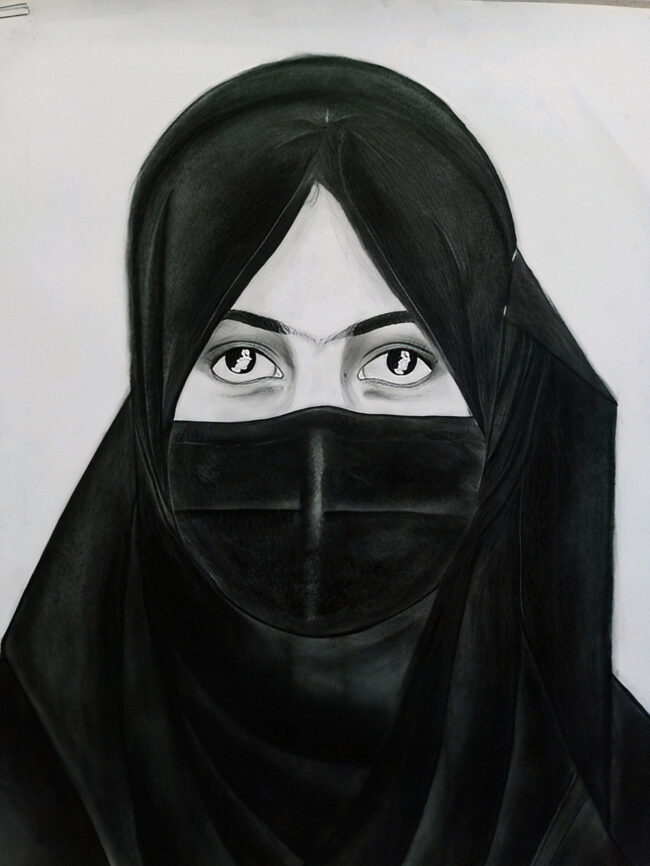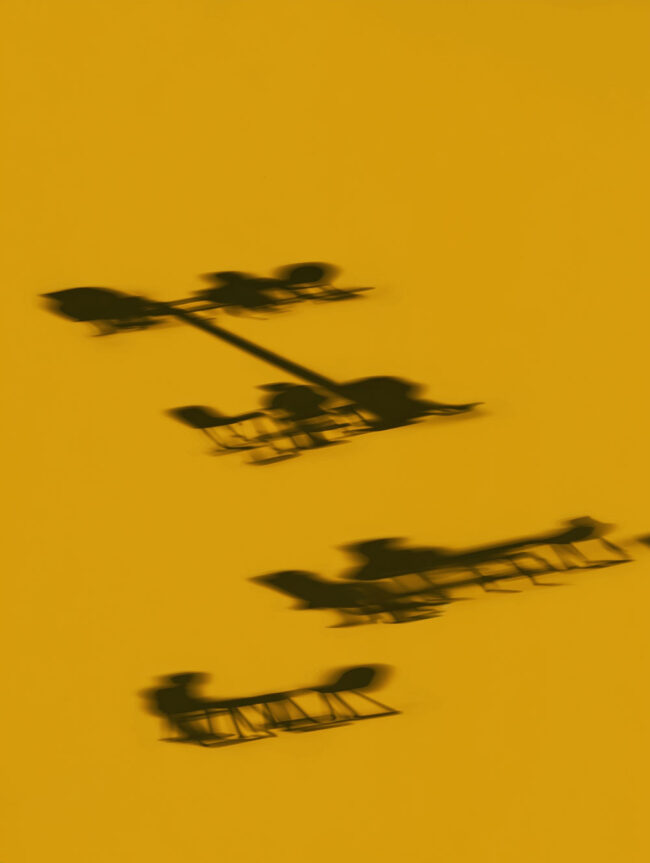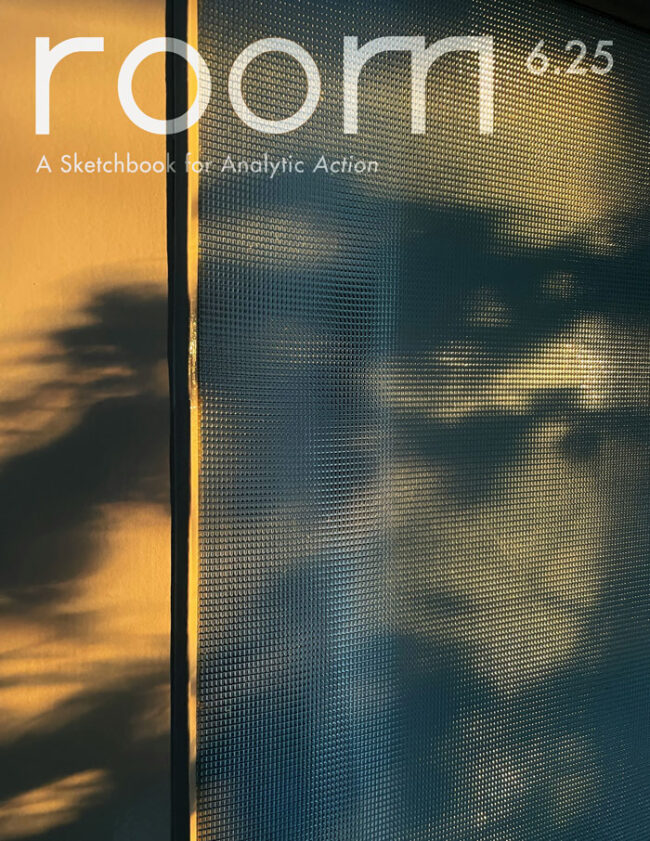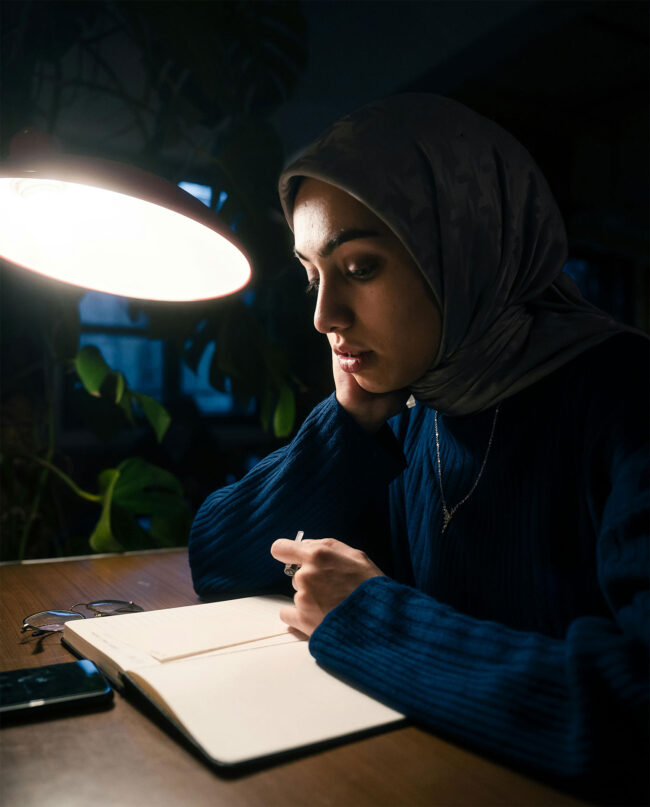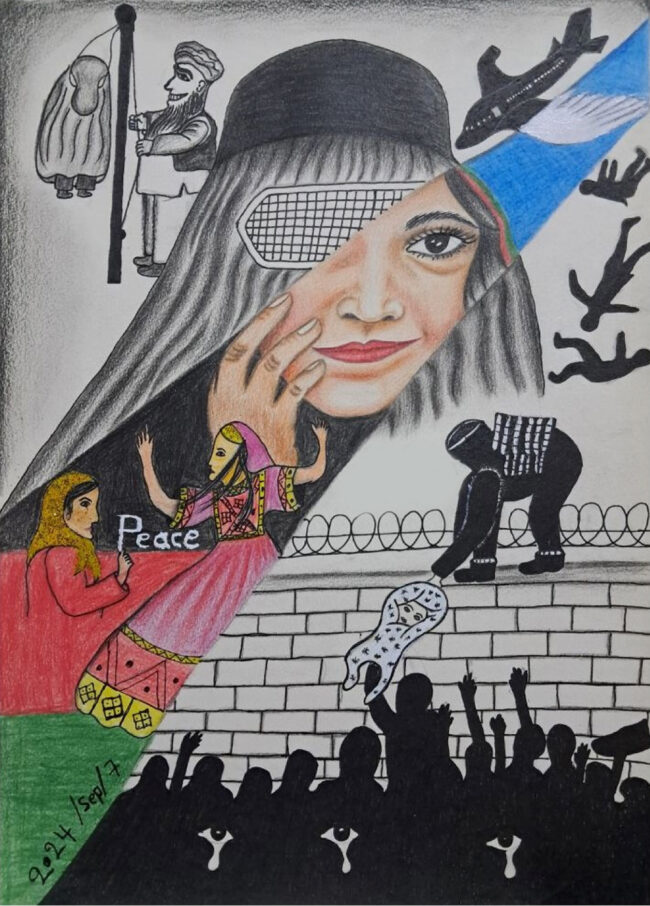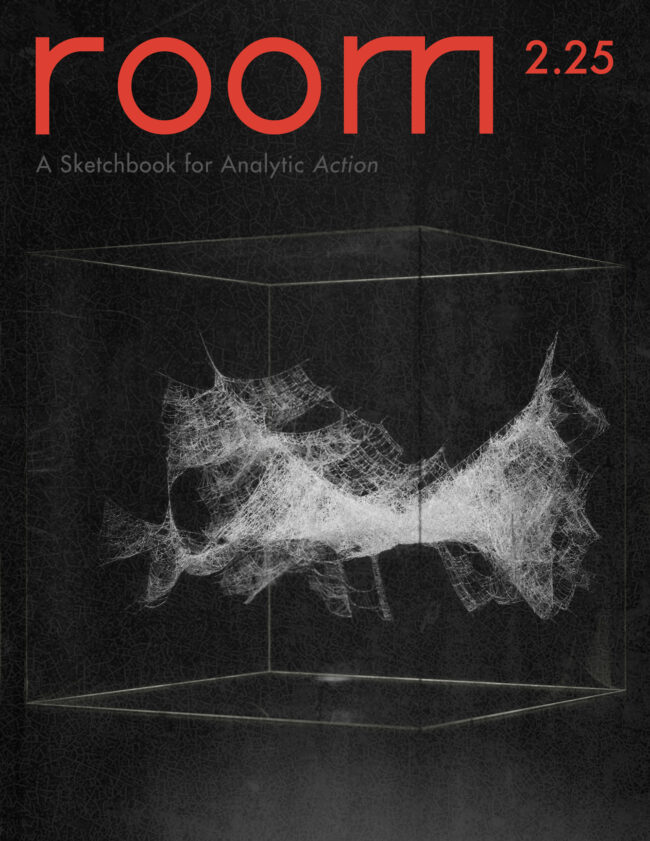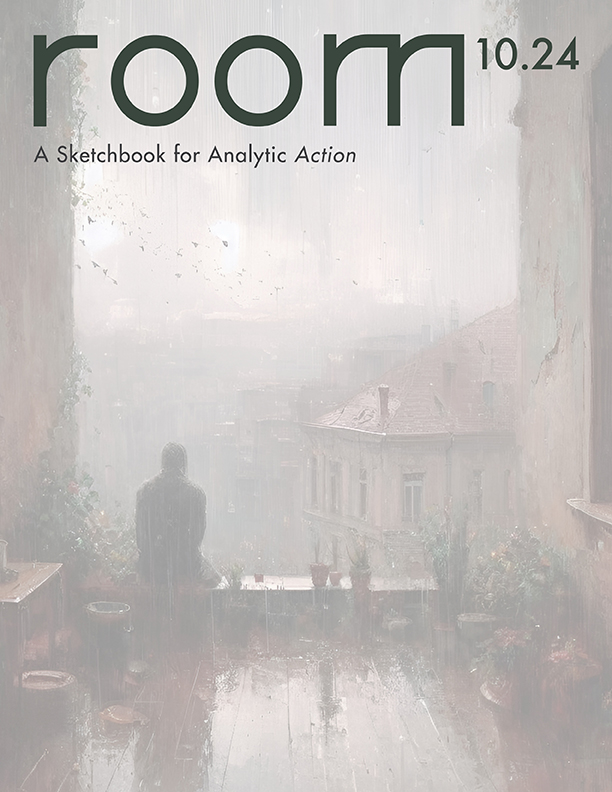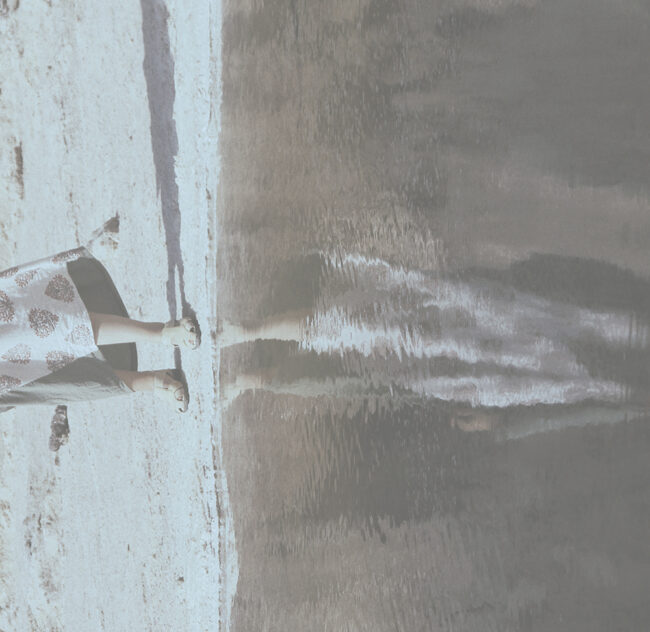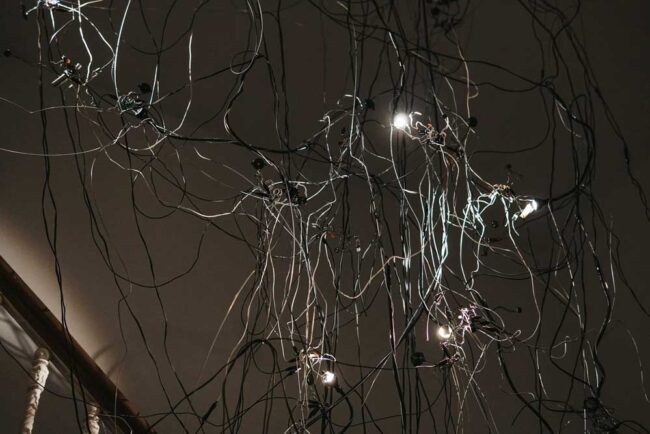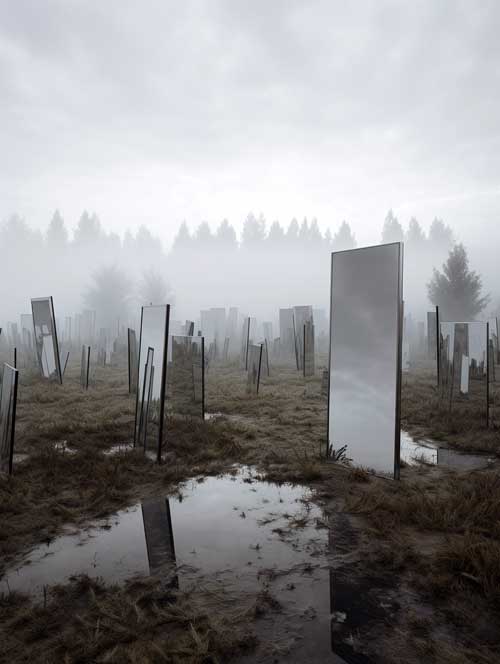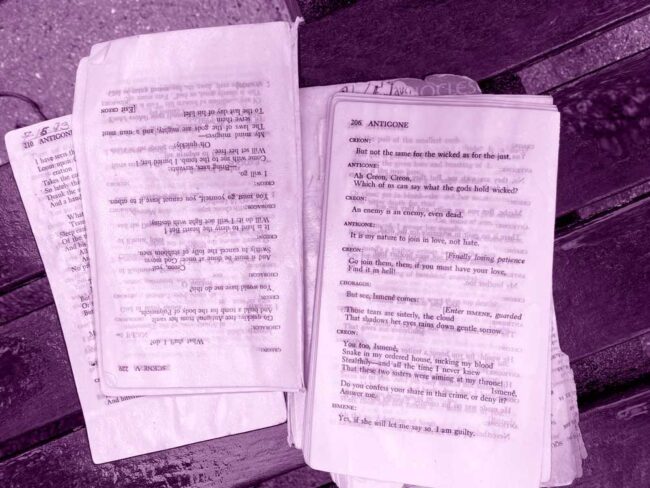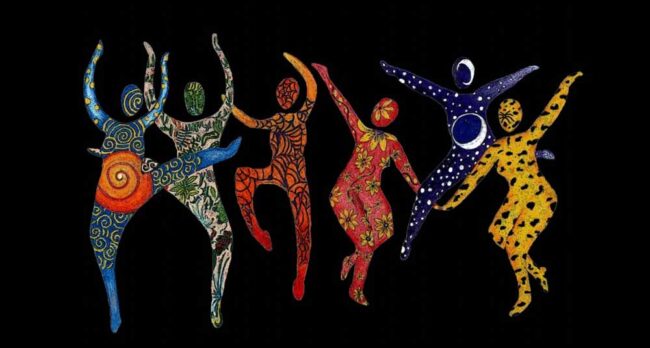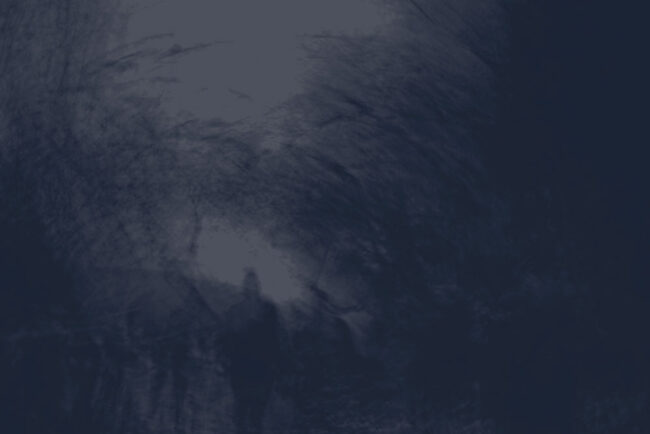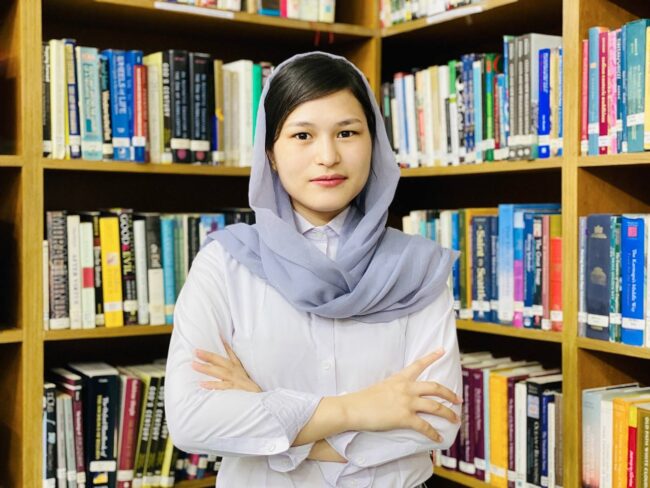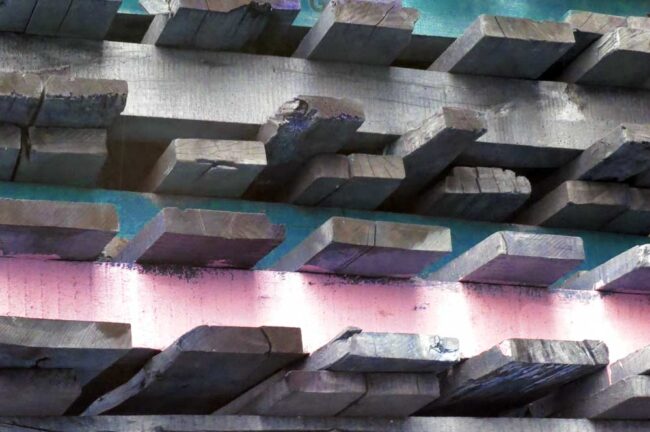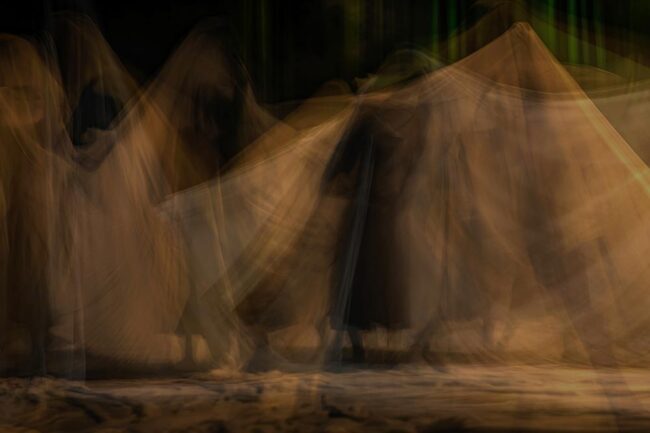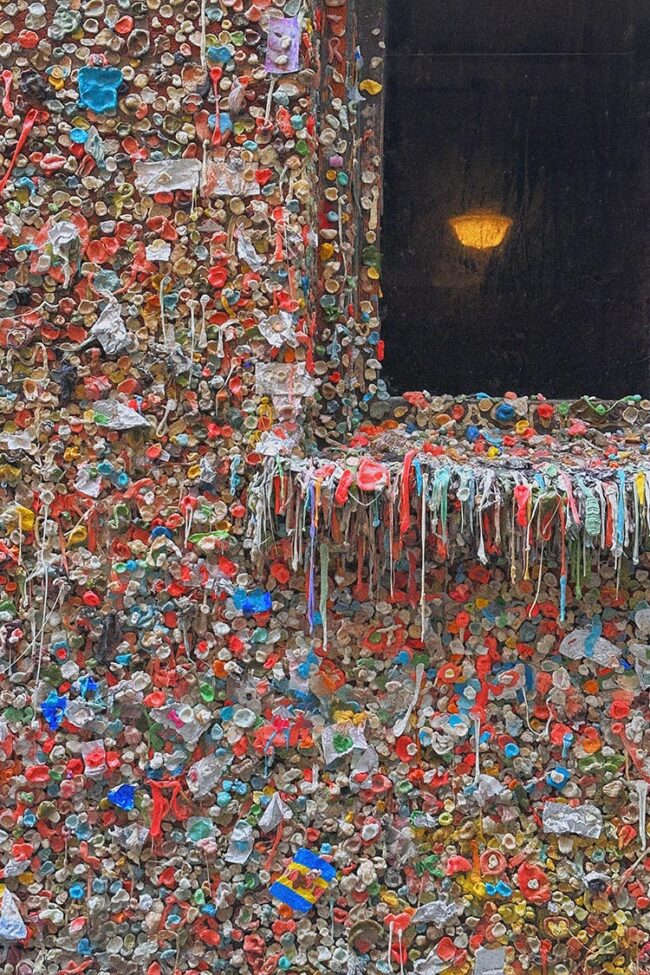In Kara Walker’s words, “history is the oft-repeated fable; power is the oft-repeated script.” From Walker’s art in THSLNWN: In the Colorless Light of Day, to Karim Dajani and Eyal Rozmarin’s conversation in Speaking of Home: An Intimate Exchange on Israel-Palestine, ROOM 10.24 is a testament to our collective heartbreak and resilience. Exactly one week after the 2016 US election, we created ROOM: A Sketchbook for Analytic Action. We knew that to “live out,” in Sartre’s words, “that unbearable, heart-rending situation known as the human condition in a candid unvarnished way,” we needed to do it together. For the last eight years, ROOM’s worldwide community has engaged in a collective struggle for recognition and authenticity across generations, culture, and political pressure. Now, just one week after the re-election of Donald Trump, ROOM 10.24 could not be more prescient.


